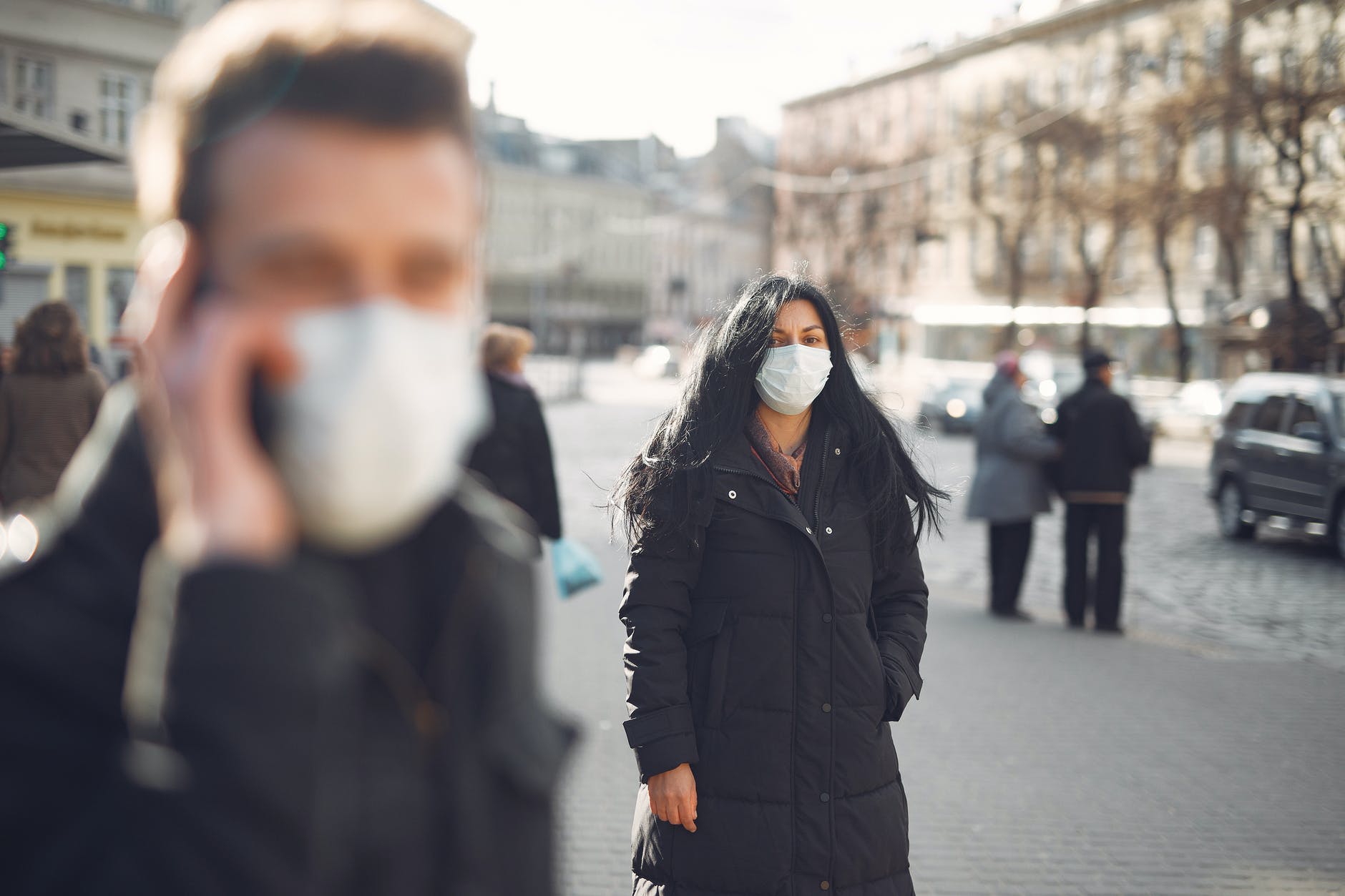By Hunter Kessous
The COVID-19 pandemic has turned the world upside down, so it is unsurprising that gender-based violence (GBV), including female genital cutting (FGC), has also been affected. Hidden Scars and Magool came together to co-host the Africa Led Movement Webinar series. In May, I had the pleasure of attending the second part of the series which addressed GBV during the current pandemic.
Speakers included Bethel Tadesse, Hidden Scars; Leyla Hussein, Magool; Wanjiru Wahome, Samburu Girls Foundation; Christine Alfons, Safe Engage Foundation; and Domtila Chesang, I Am Responsible Foundation (I Rep Foundation).
Three panelists, Wahome, Alfons and Chesang, discussed the impact of COVID-19 on their work. Wahome and Chesang have both noticed an increase in GBV, specifically FGC, rape, and domestic violence. They add that the Kenyan government has forcibly closed all safe houses, sending thousands of girls back to their homes. Coupled with the closure of schools and the restriction of movement, more girls and women are stuck in places where they are not safe or comfortable. Additionally, it seems as if GBV may be the least of the government’s priorities in Kenya, as all resources and focus are currently being devoted to the pandemic. Alfons noted that in her region of Kenya, FGC only occurs every two years. Therefore, FGC is not rising in cases at the moment, but child marriage has increased significantly.
The panelists were asked how their organizations have responded to the rise in violence prompted by the pandemic. All three are using the radio as a tool to prevent FGC by interviewing healthcare professionals and community leaders on air and playing jingles to remind listeners not to cut their girls. Upon hearing the devastating news of the closed rescue houses, I was relieved to hear that Wahome and Chesang have been going door-to-door to check on the girls they had to send back home. Alfons has been working to get girls sanitary products. Additionally, Alfons’ volunteers are making masks and supplying them to at-risk girls and women.
In a vulnerable moment, they spoke with honesty about how the pandemic has personally impacted them. They shared the sentiment that their work has been frustrating and emotionally draining. I’m certain many advocactes would agree when Chesang stated this is not a job; it is personal, and you take it with you wherever you go. Alfons relies on other activists to stay sane. The panelists were asked what gives them hope to continue, and I found Wahome’s answer to be particularly poignant. She says when a girl is rescued, at the time she is viewed as a wife, but within a few months she transforms back into a child.
Finally, the panelists shared what their asks would be if they could ask anything at all of the viewers. Chesang wishes for a car, or even just fuel, to allow her to visit at-risk girls and women more easily and more often. Wahome’s organization is in need of food to take the girls, as the virus has left many families without any income. Alfonso asks for sanitary pads, food, and assistance in building a website to better spread their message and work. If any readers can offer assistance, please visit their websites (linked above) or reach out to Bethel Tadesse for contact information.
The webinar ended with an important call to action: keep amplifying the voices of the grassroots organizations working to end FGC and GBV. For more information on how the virus is impacting programs devoted to ending FGC and GBV, read here.

